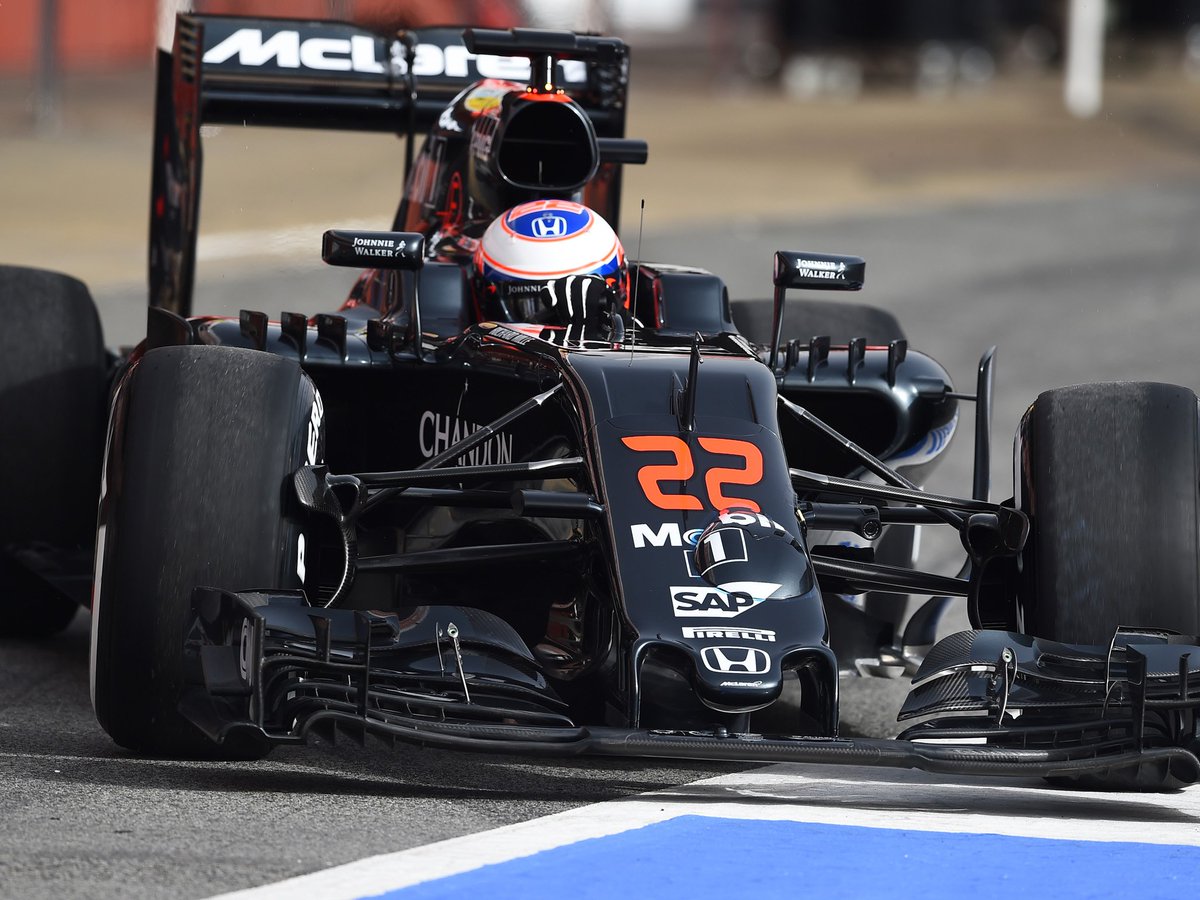https://twitter.com/nico_rosberg/status ... 5907535872
Hamilton welcomes it as well.
http://www1.skysports.com/f1/news/12433 ... -clampdown
- Login or Register
No account yet? Sign up
Gotta disagree with you here. Now don't get me wrong, there are lots of things I do not like about this situation. I don't like the decision to do this in middle of the season. I especially do not like the way FOM does this stuff without thought of the consequences. I cannot stand the thought of them having even more rules which they will not enforce consistently or fairly. However in more broad terms, I am in favor of the decisions of how to drive the car being made by the driver. Give the drivers raw information about fuel, tire temp, tire pressure...etc, and let the driver decide how to drive the car accordingly.BanMeToo wrote:That's just another step in the wrong direction. Pretending that the cars don't need to be complicated for maximum performance doesn't actually make them less complicated.
12 actually.SectorOne wrote: for example Mercedes. Six strat modes. Seriously. How about 2. Full power and eco/engine save whatever mode.



Isn't the HPP the one the drivers use to tell the team at the pitwall about the condition of the tyres?SectorOne wrote:Insane. I figured it was six since that´s the highest one i´ve heard on the radio.
12 HPP settings as well...
I hope not. Obviously I haven't driven a F1 car, but I would think that the process of overheating brakes is a progressive development. When the brakes heat up, they will either lose braking performance and/or the brake-point might move. Perhaps one of the problems in todays sport is that the drivers are far too used to receiving input by their engineers. This extends to the point, that they would blindly trust that the telemetry and sensor data that is being supervised from the pitwall will lead to a notification in time if there is any problem arising. Makes sense - as the pitwall has the time in the world to do exactly that.richard_leeds wrote:As for the quality of racing, the danger is that we'll only know about overheating brakes when they fail, or when the overheating light comes up on the driver dash, or the engineer finally comes onto the radio to instruct the driver to retire. Look back at Montreal this year, both Merc cars would have DNFd with overheating brakes. What will be excruciating is that the team will be able to see the problem getting worse on the telemetry and be able to do nothing about it.
I think the HPP is engine related and strat modes are powertrain related.mikeerfol wrote:Isn't the HPP the one the drivers use to tell the team at the pitwall about the condition of the tyres?
I think the problem this year is that the rear braking effort is largely out of the driver's control - the harvesting system provides a lot of braking effort and it changes as the laps and race unfold. Moving brake balance to keep the various temperatures in their correct range is an ongoing issue - the optimum temperature range is likely to be much tighter than the range that the driver can feel. Don't forget that the rear brakes are essentially brake-by-wire - there is no pedal feel from them.Phil wrote: I hope not. Obviously I haven't driven a F1 car, but I would think that the process of overheating brakes is a progressive development. When the brakes heat up, they will either lose braking performance and/or the brake-point might move.
True, but back then the cars were also much simpler in concept. Engine, gearbox, brakes, steering. No energy recovery, no hybrid systems, no brake-by-wire. Tyres were simpler - you got what you were given and got on with it. Changing tyre compounds mid race requires changing of front wing settings and brake balance, torque maps etc. in order to maximise their performance.Perhaps one of the reason Senna's name always stands out when naming the greatest ever drivers - he drove in an era where drivers could still stand out by their talent and skillset. Back then, the skill of a driver was a much larger factor than it is today.
also, that the knob has 12 positions doesn't have to mean they have 12 different settingsSectorOne wrote:Insane. I figured it was six since that´s the highest one i´ve heard on the radio.
12 HPP settings as well...
Good pointlangwadt wrote:also, that the knob has 12 positions doesn't have to mean they have 12 different settingsSectorOne wrote:Insane. I figured it was six since that´s the highest one i´ve heard on the radio.
12 HPP settings as well...